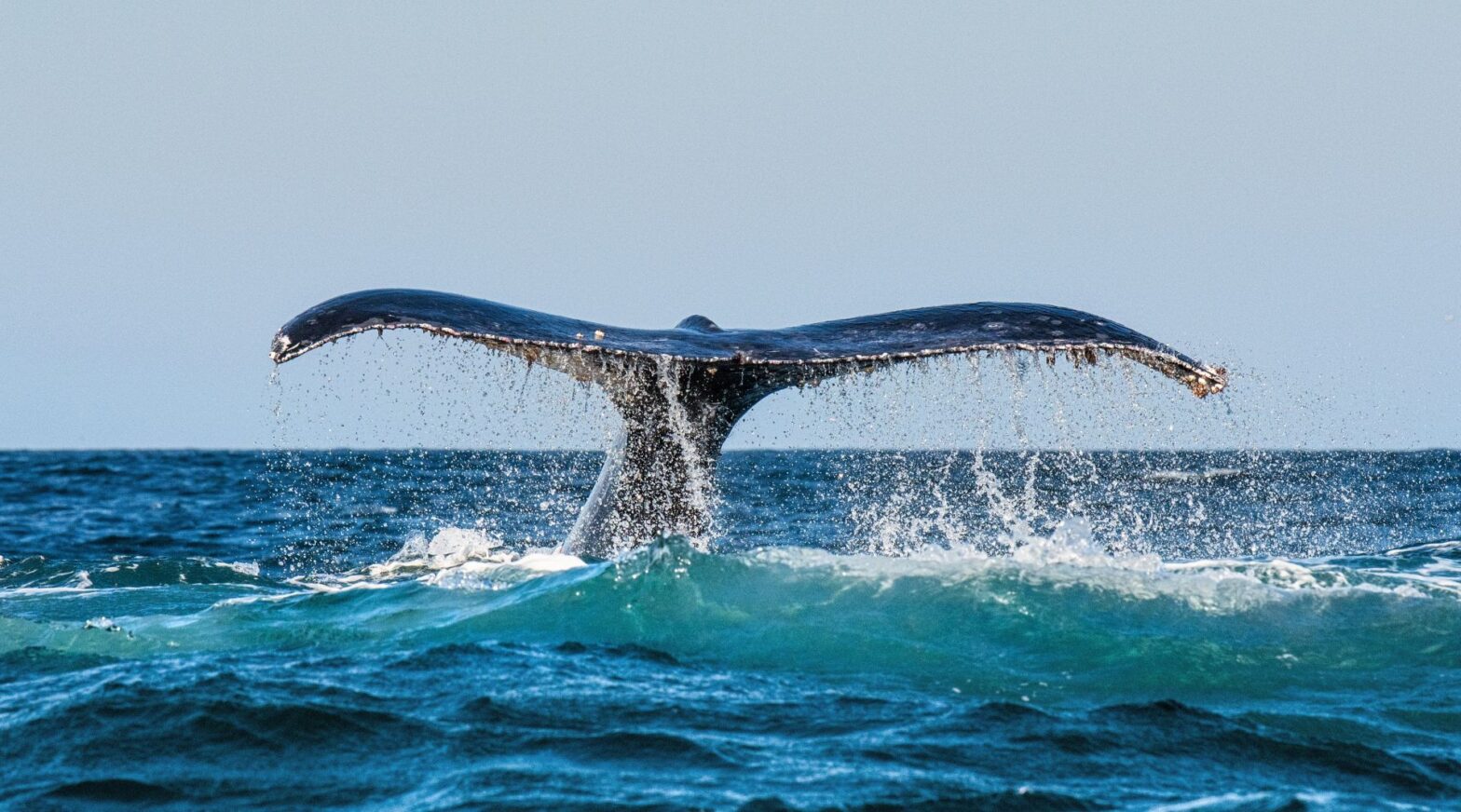Despite leaving, Japan still pulls the strings within Whaling Commission
At its last meeting in 2018, the IWC adopted the «Florianópolis Declaration» setting the course for maintaining the ban on commercial whaling and a more conservation orientated focus fit for the 21st century. It acknowledged that whales today face an array of threats that go way beyond hunting practices – such as plastic pollution, by-catch in fishing gear, ship strikes, ocean noise and overlaying it all: climate change.
As a direct result of this landmark decision Japan, who tried for many years to lift the 1986-moratorium on commercial whaling, left the Whaling Commission, the internationally recognised body for the management and conservation of whale populations, in protest in 2019. However, far from leaving it at that, Japan has been very prominent ever since and is back at the current meeting in Slovenia, officially as «observer», but seemingly still pulling the strings trying to overturn the moratorium.
A small group of countries, led by the Caribbean Island State, Antigua & Barbuda, seem to ignore the IWC’s previous decisions and have lined up proposals which in particular run counter to what was decided in the Florianópolis Declaration. Despite having no whaling industry nor a real whaling tradition themselves, Antigua and Barbuda being long-lasting supporters of Japan’s pro-whaling initiatives, provide testimony of the continued influence Japan has.
The core initiatives and their proponents to achieve the goal of dismantling the Florianópolis Declaration are:
- Antigua & Barbuda propose a framework for the regulation of commercial whaling practises and lifting of the moratorium. Such an attempt had already taken place more than a decade ago and lead to many years of negotiations. Millions of dollars spent later, the process ended in a stalemate, mainly because whaling nations rejected provisions to allow a fully transparent, international oversight and compliance regime. There is no reason to presume that it would be any different now.
- Food Security: Antigua & Barbuda, Cambodia, Gambia and the Republic of Guinea propose that the IWC considers whaling as a form to achieve food and nutritional security for some of the world’s poorer nations. But whilst this would not contribute anything substantial to resolving the food crisis, renewed hunting activities would quickly result in collapsing whale populations as proven in the past decades with almost all large whale species in all regions of the planet.As Fabienne McLellan, Managing Director of OceanCare, points out: «Sustainable whaling» is a concept that does not exist in reality. To increase the ocean’s contribution to food security means protecting healthy ecosystems, and not taking out the top of the food web.»
- It becomes apparent that some pro-whaling nations are using the IWC’s current budget crisis as leverage to push their positions through: despite not paying their own membership fees – which under current rules makes them lose their right to vote – they are effectively linking their approval to an urgently needed IWC budget to be granted the right to vote although being in debt. There is a serious risk that such a move might shift the voting balance in favour of pro-whaling nations and allow them to adopt the above mentioned initiatives.
All these initiatives will result in difficult and lengthy discussion that will distract from the continued commercial whaling activities in Norway and Iceland.
These pro-whaling proposals come at a time, when scientists have already rung loud alarm bells about the consequences that the climate crisis will have on the oceans as the home to whales: many populations will dramatically decrease just because of major changes in temperatures, currents, food availability and the like.
OceanCare warns that any continued delay in tackling these major threats to whales and their habitats will only lead to an increased break down of marine ecosystems as the bases for global food security.
«Instead of losing precious time with decade-old debates about fabricated scenarios like «sustainable whaling» and false solutions to «food security» the IWC should urgently take up the real pressing issues: climate change and plastic pollution.» says Nicolas Entrup, OceanCare’s Director for International Relations. «The IWC’s own Scientific Committee and Conservation Committee have done great work to highlight these problems and point the way how to tackle them. It is this spirit of the Florianópolis Declarartion which is the way forward for a modern, conservation oriented IWC.»
